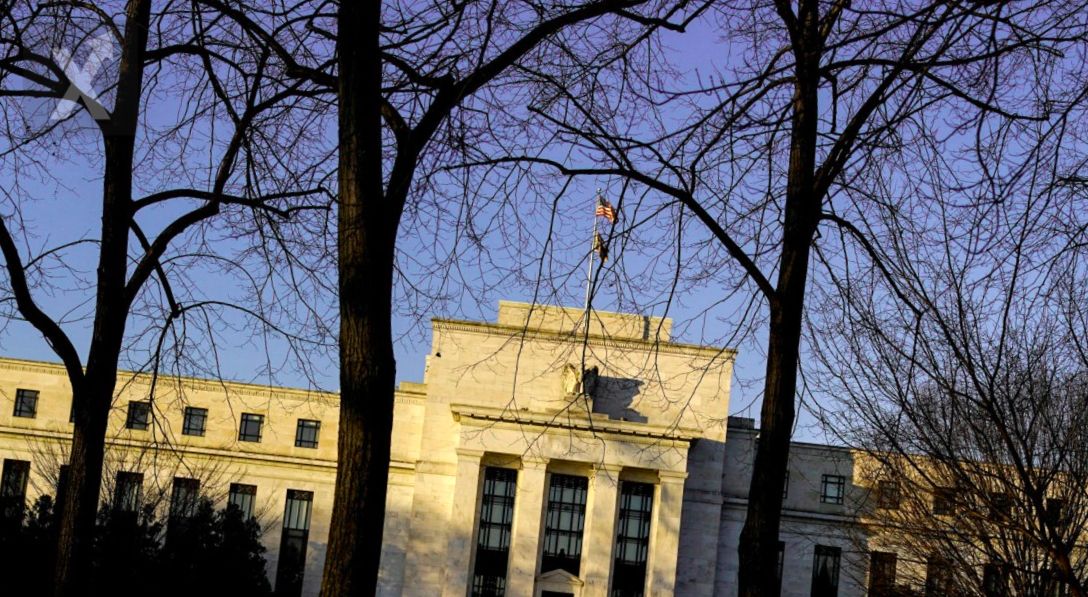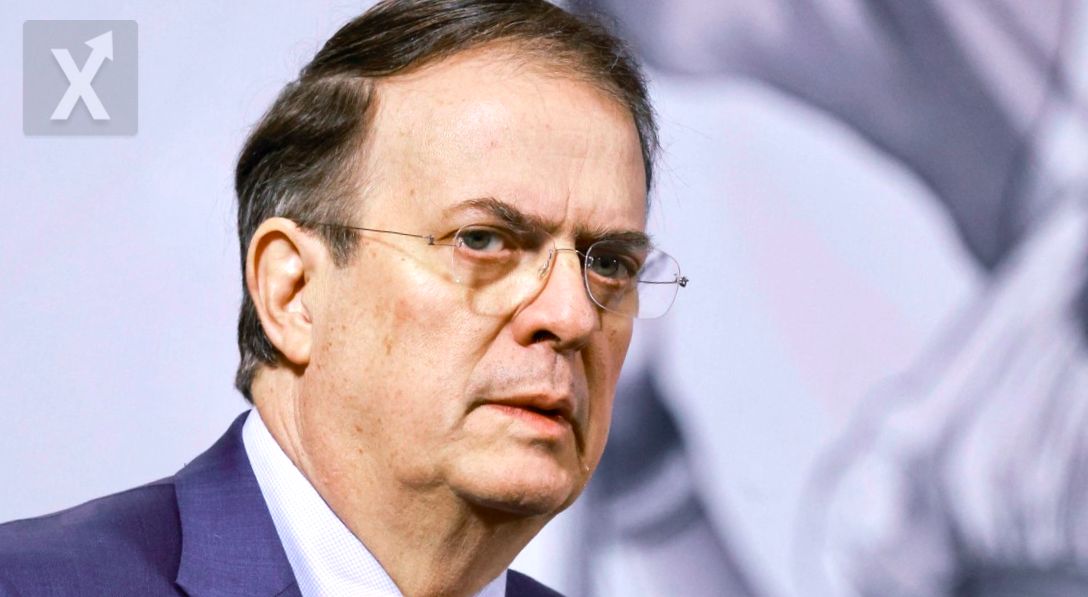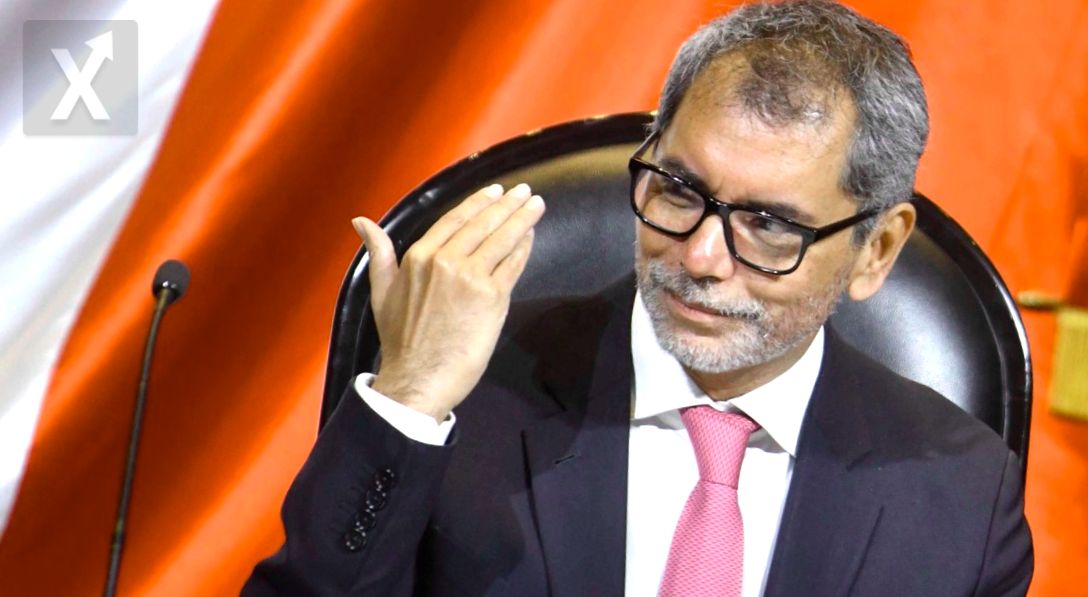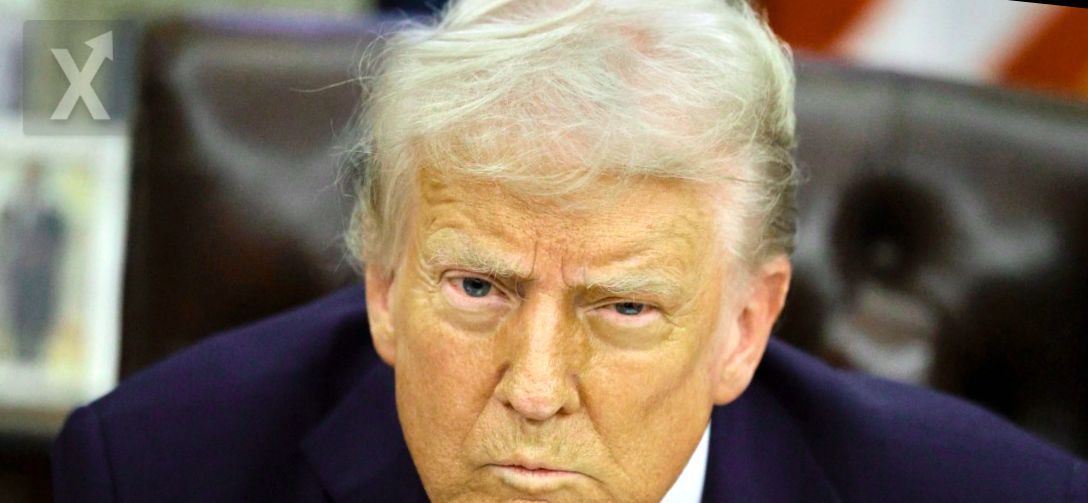The Federal Reserve May Cut Interest Rates This December

Federal Reserve officials are showing a greater inclination to lower interest rates this month, following a report revealing that the labor market in the United States remains strong, but has begun to cool off in November. In the past month, U.S. companies added 227,000 new jobs, a solid increase compared to the slowdown experienced in October due to hurricanes and strikes. However, the unemployment rate rose back up to 4.2%, according to the monthly report from the Labor Department released on Friday. Over the average of the last four reports, the monthly job increase hovers just below 150,000 jobs, a figure lower than what many economists consider necessary to accommodate a continuously growing population.
Market operators have raised expectations for a rate cut at the upcoming Federal Reserve monetary policy meeting scheduled for December 17 and 18, increasing the likelihood to 90% from less than 70% prior to the report. A quarter-point cut would bring the Fed's official rate to a range of 4.25%-4.5%, one percentage point lower than the level in September when the central bank began its cuts out of concern for the labor market situation. Short-term borrowing costs are expected to drop another 75 basis points next year. "A figure of 150,000 jobs doesn't suggest that the economy is at its best moment, but it also doesn't seem like it's slowing down abruptly as was thought a few months ago," stated Gennadiy Goldberg from TD Securities. "The Fed may proceed with another cut in December and perhaps announce a pause at the January meeting," he added. Earlier in the week, Fed members indicated that the November employment figures were crucial for their decision-making. Fed Governor Christopher Waller expressed his leaning towards a rate cut, although he will wait to review the upcoming employment and inflation data. In his remarks on Wednesday, Fed Chair Jerome Powell indicated that inflation is currently higher than expected, reiterating that the central bank might proceed cautiously as it wraps up its nearly three-year struggle against inflation. Fed Governor Michelle Bowman noted that inflationary risks for the economy remain real, which suggests caution regarding new decisions on rate cuts. The president of the Chicago Fed, Austan Goolsbee, along with his colleagues from San Francisco, Mary Daly, and Cleveland, Beth Hammack, are scheduled to make comments throughout the day. The Fed's internal communication rules prohibit public comments on monetary policies from the Saturday prior to each two-day meeting.
It is interesting to note how this situation reflects the delicate dance between fostering economic growth and controlling inflation. The Fed's decisions not only impact the U.S. market but also influence economies like Mexico's, where the cost of financing and investment can be affected by the decisions made by economic leaders in the United States. Maintaining a balance is key to a healthy economy.






